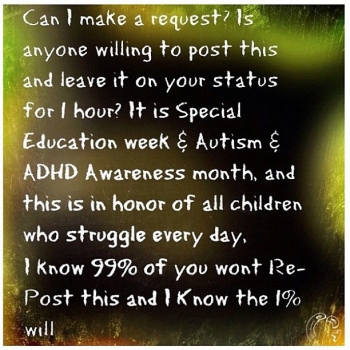An Introduction to Autism Spectrum Disorders

Autism Spectrum Disorders is not so much a mental disease as it is a neurological ailment. The word spectrum comes into the definition because everyone has his or her very unique symptoms. The disease causes neuro developmental disabilities that come to the fore by the first 36 months of an infant’s life. Some show signs soon after birth, while others show normal signs of development until the first and even second years of life and then the situation starts to deteriorate.
Most mothers begin to feel that there is something wrong with their child soon enough but they try to ignore it thinking that it is a phase and will get better. However, ignoring the situation will not help but rather make it worse. It is better to educate oneself and take the appropriate steps to dealing with it. The first thing you need to know is what does having Autism Spectrum Disorders imply. As mentioned earlier each one has unique symptoms there are some common difficulties like:
Social impairment- The child does not make eye contact and shows unusual or no reactions to affection, anger, distress or any other emotion. They do not respond to people and they fail to initiate any kind of interactions with people. They cannot read body language of others and neither can other people read theirs. Their voices are often flat, singsong or robot like and completely devoid of emotions. One of the most difficult characteristic of the disorder is that most such kids do like to be touched, which can be heart wrenching for parents.
Difficulties in Verbal and Non-verbal communications- Most kids start to say a word or two by the time they are one year old and babble as babies. However, those with Autism Spectrum Disorder are exceptionally quiet, or say things that fail to express their feelings. They have difficulties in interactive communications and cannot understand the other person’s tone of voice, and in later life, fail to recognise the other person’s point of view.
Repetitive and stereotypical behaviour- People who suffer from Autism Spectrum Disorders can have some peculiar repetitive behavioural symptoms. They may adopt certain gestures or styles, which might seem odd to others but is extremely important to them. Most such people love symbols and numbers, like things to be done in a certain way and are averse to change. Many kids might enjoy lining their toys in a certain way rather than playing with it. If someone moves one of these toys, they can become extremely upset.
Unfortunately, there are no cures to the disease yet, however, there are some ways of coping with it, with proper care and training a child suffering from ASD can live next to normal lives.
